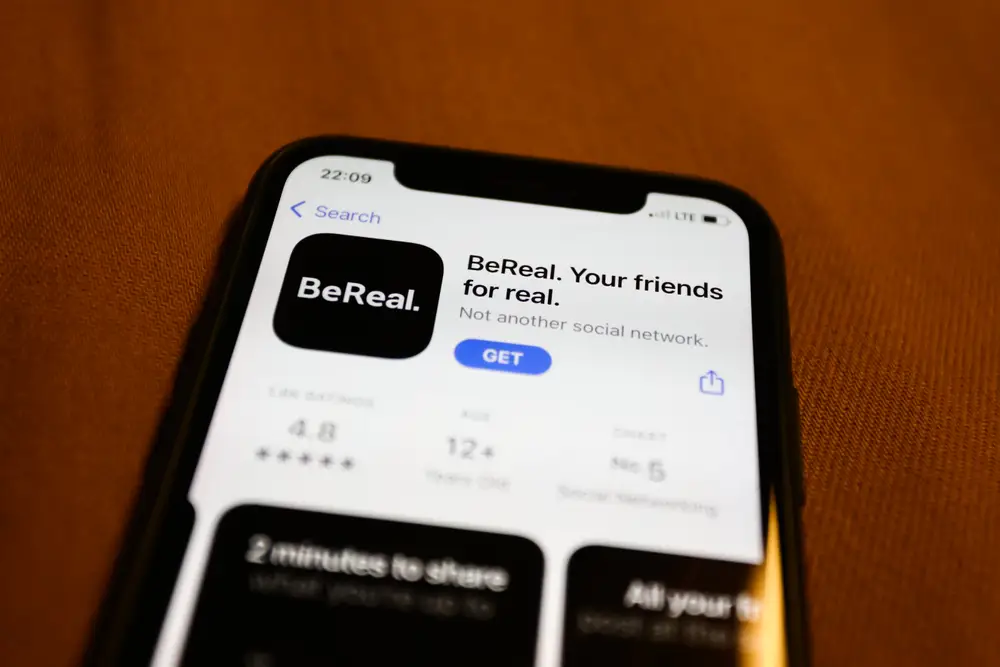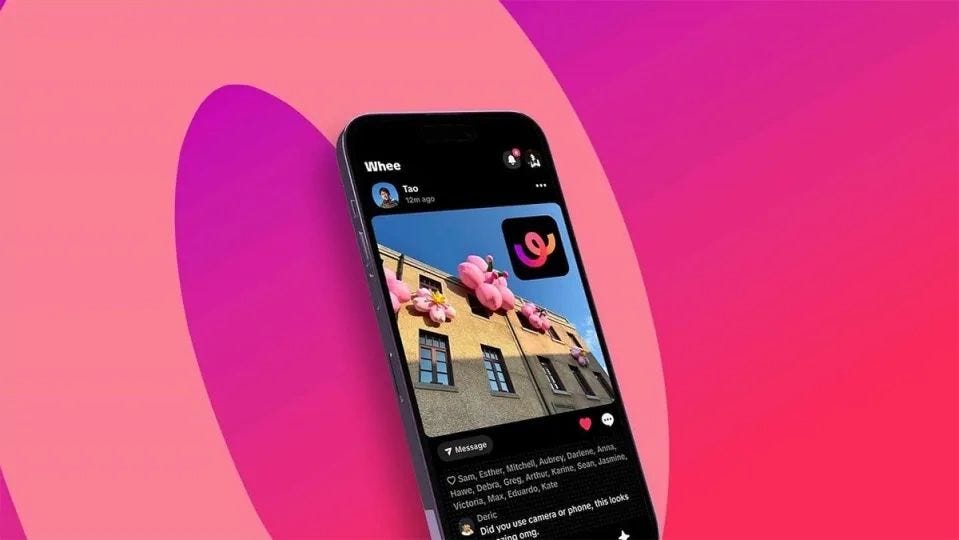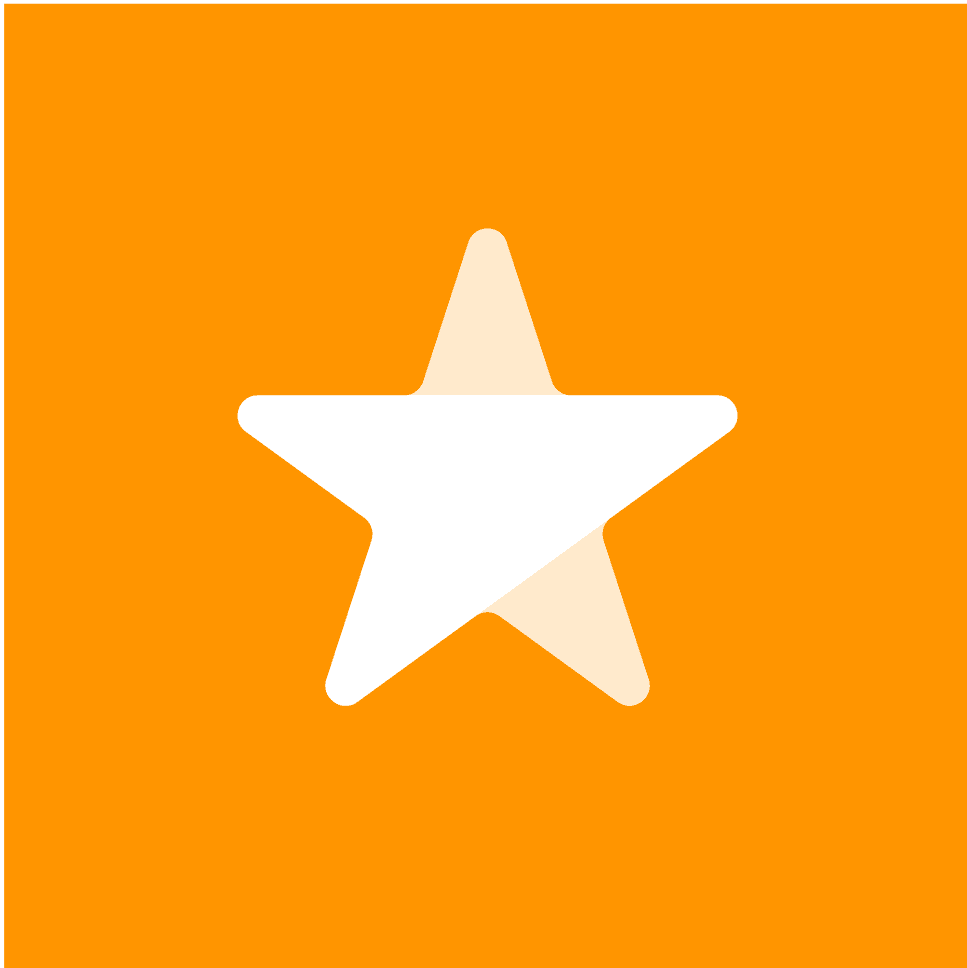SOCIAL NETWORK
Features Facebook Has Shut Down: A Look Back at their Experiments
Facebook, the world's largest social networking platform, has continually evolved since its inception in 2004. Over the years, it has introduced numerous features and services to enhance user experience, some of which were eventually shut down due to various reasons such as lack of user engagement, strategic shifts, or redundancy. Here’s a look at some notable features that Facebook has shut down.
Facebook Deals
Launched in 2011 to compete with Groupon, Facebook Deals offered location-based deals and discounts to users. Despite initial excitement, the feature failed to gain significant traction and was shut down a few months later.
Facebook Gifts
Introduced in 2012, Facebook Gifts allowed users to send real gifts to their friends through the platform. Although it seemed like a promising way to monetize social interactions, the service did not achieve widespread popularity and was discontinued in 2014.
Facebook Credits
Launched in 2009, Facebook Credits was a virtual currency used for purchasing virtual goods in games and apps on the platform. The idea was to simplify transactions and create a unified currency system. However, it was phased out in 2012 in favor of local currencies, making transactions more straightforward for users around the world.
Facebook Home
In 2013, Facebook introduced Facebook Home, an Android launcher designed to put Facebook content at the forefront of the user experience. Despite its innovative concept, Facebook Home failed to gain traction among users and was quietly shelved in 2014.
Facebook Paper
Launched in 2014, Paper was a standalone app offering a news-reading experience with a beautiful design. Although it received praise for its aesthetics and functionality, it did not attract a large user base and was shut down in 2016.
Facebook Slingshot
As a competitor to Snapchat, Slingshot was launched in 2014 as a photo and video messaging app. It aimed to capture the growing market for ephemeral messaging but failed to engage users significantly and was discontinued in 2015.
Facebook M
Introduced in 2015, Facebook M was a virtual assistant integrated into Messenger. It offered AI-powered assistance and human-backed help for complex tasks. Despite the promising concept, M did not achieve widespread adoption and was shut down in 2018.
Facebook Notify
Launched in 2015, Notify was a news app that sent notifications about breaking news and updates. It aimed to keep users informed in real-time but faced limited user interest and was discontinued in 2016.
Facebook Lasso
Launched in 2018, Lasso was Facebook’s attempt to compete with TikTok by capturing the short-form video market. Despite its efforts, Lasso could not compete effectively and was shut down in 2020.
Facebook Groups App
Launched in 2014 as a standalone app for managing and interacting with Facebook Groups, the Groups app aimed to streamline the group experience. However, it was discontinued in 2017 as Facebook integrated group functionalities more deeply into the main app.
Hello
Hello was an Android dialer app launched in 2015 that allowed users to see Facebook information about callers and block unwanted calls. It offered an innovative way to manage calls but was shut down in 2016 due to limited adoption.
Moments
Launched in 2015, Moments was a photo-sharing app that allowed users to privately share photos with friends. Despite its appeal, the app had low usage and was discontinued in 2019.
These examples illustrate Facebook's ongoing efforts to innovate and adapt to the ever-changing social media landscape. While not all features and services have succeeded, they highlight the company's willingness to experiment and evolve. As Facebook continues to grow, it will undoubtedly introduce new features, some of which may become integral parts of our social media experience, while others may eventually be phased out in the quest for better user engagement and satisfaction.




